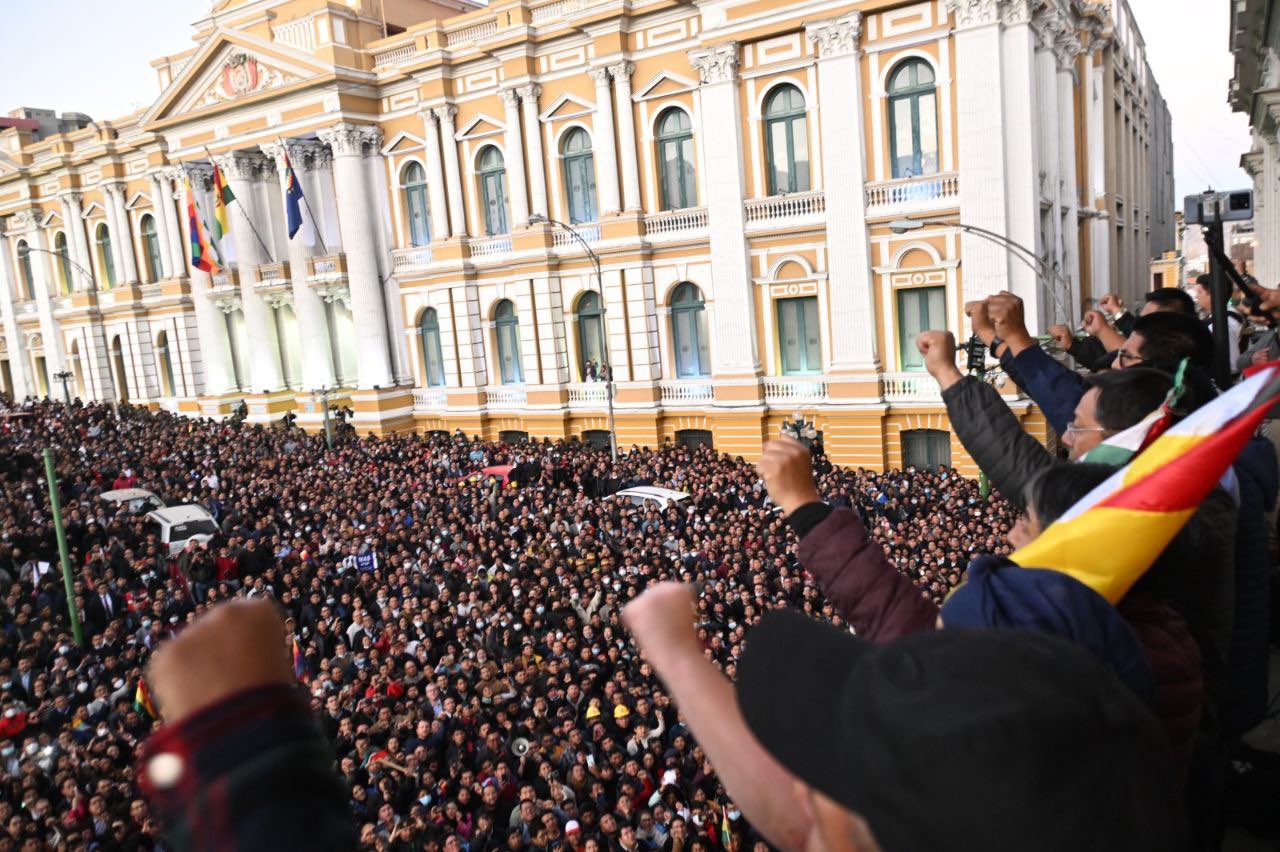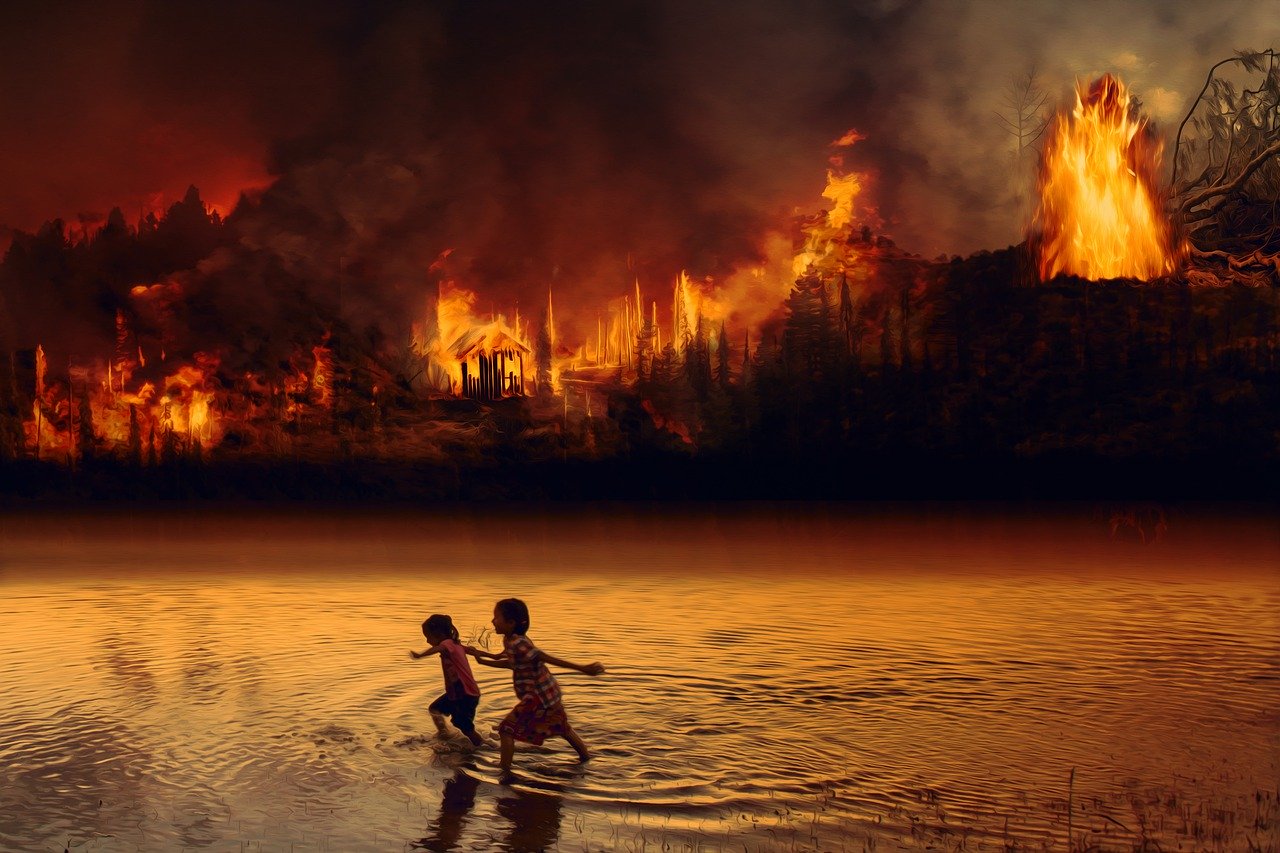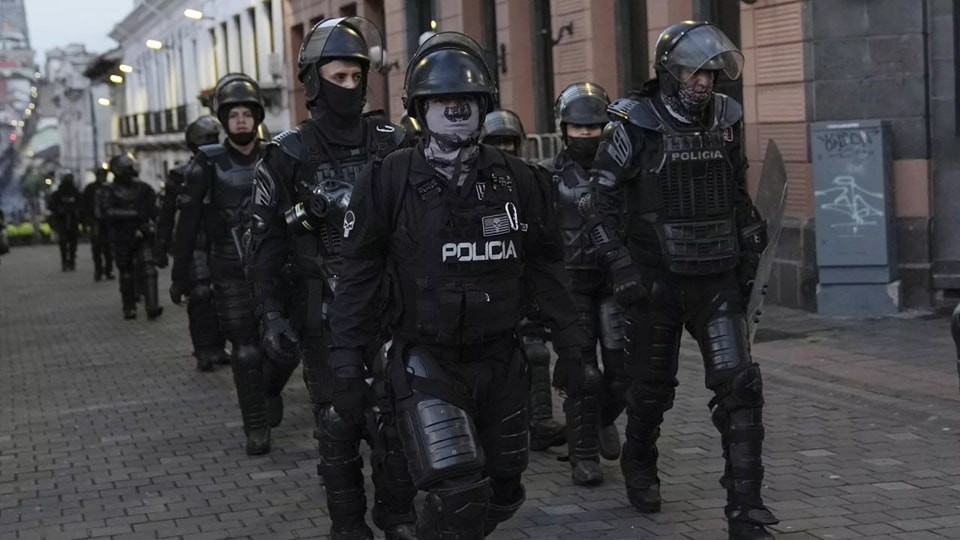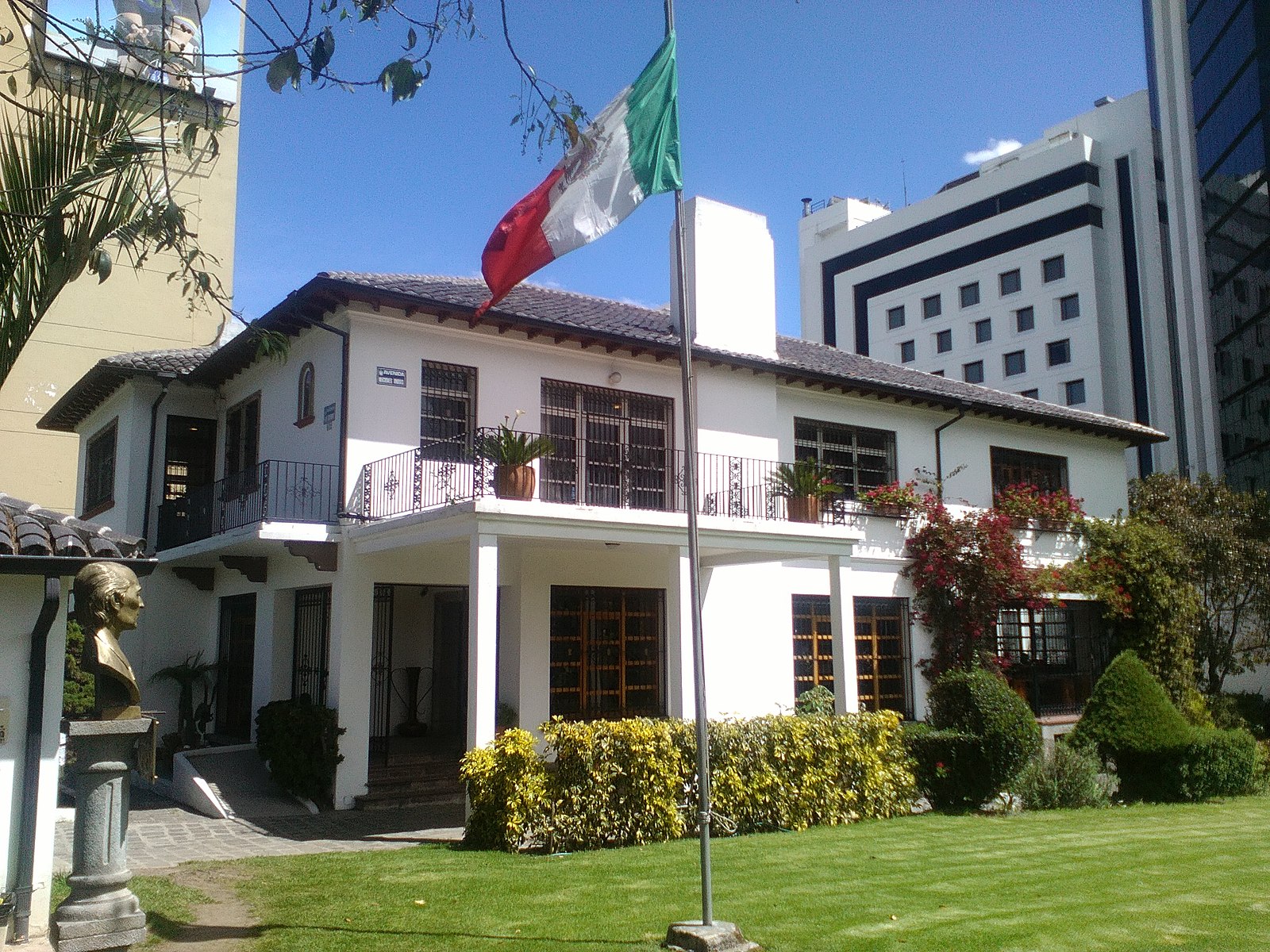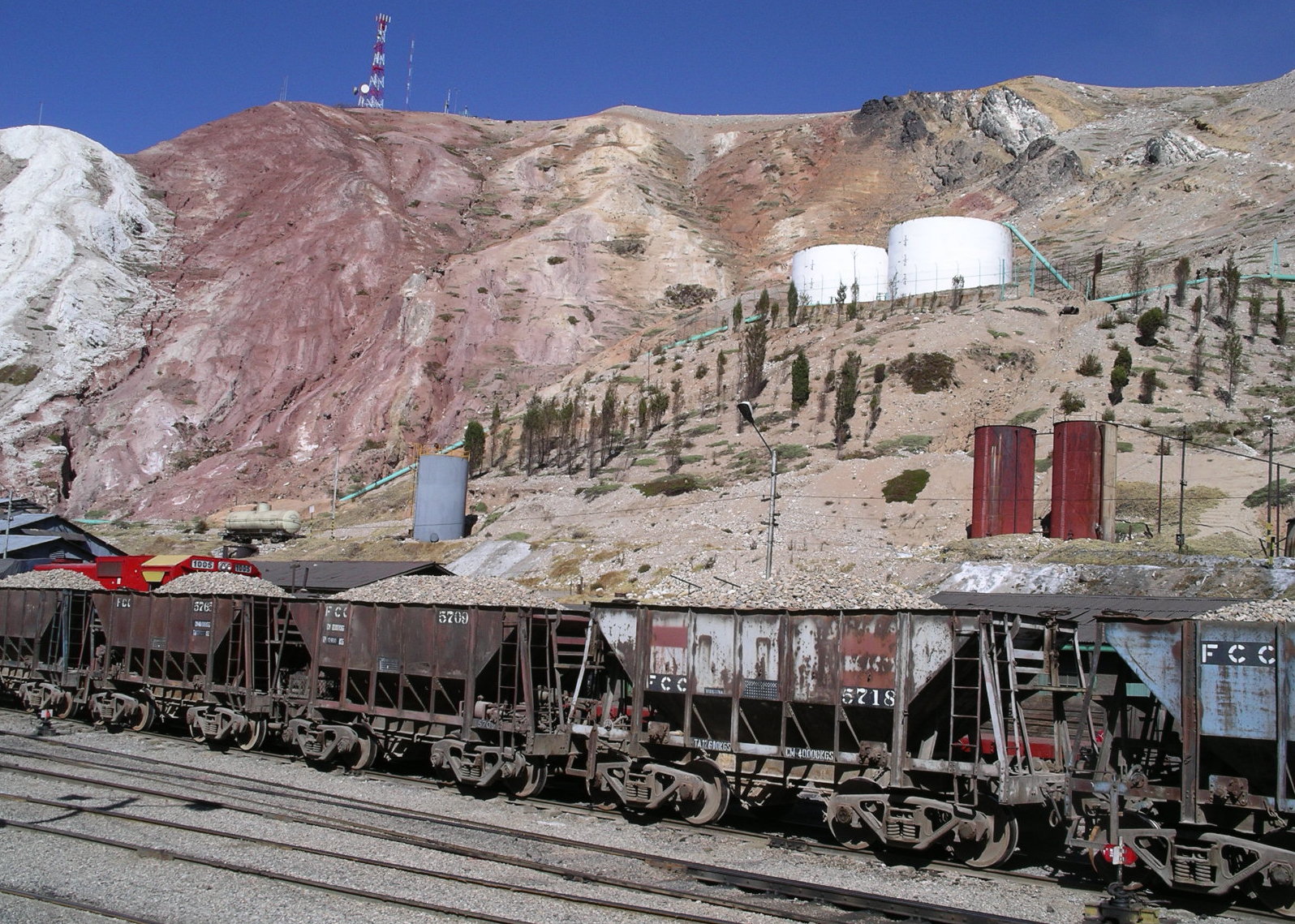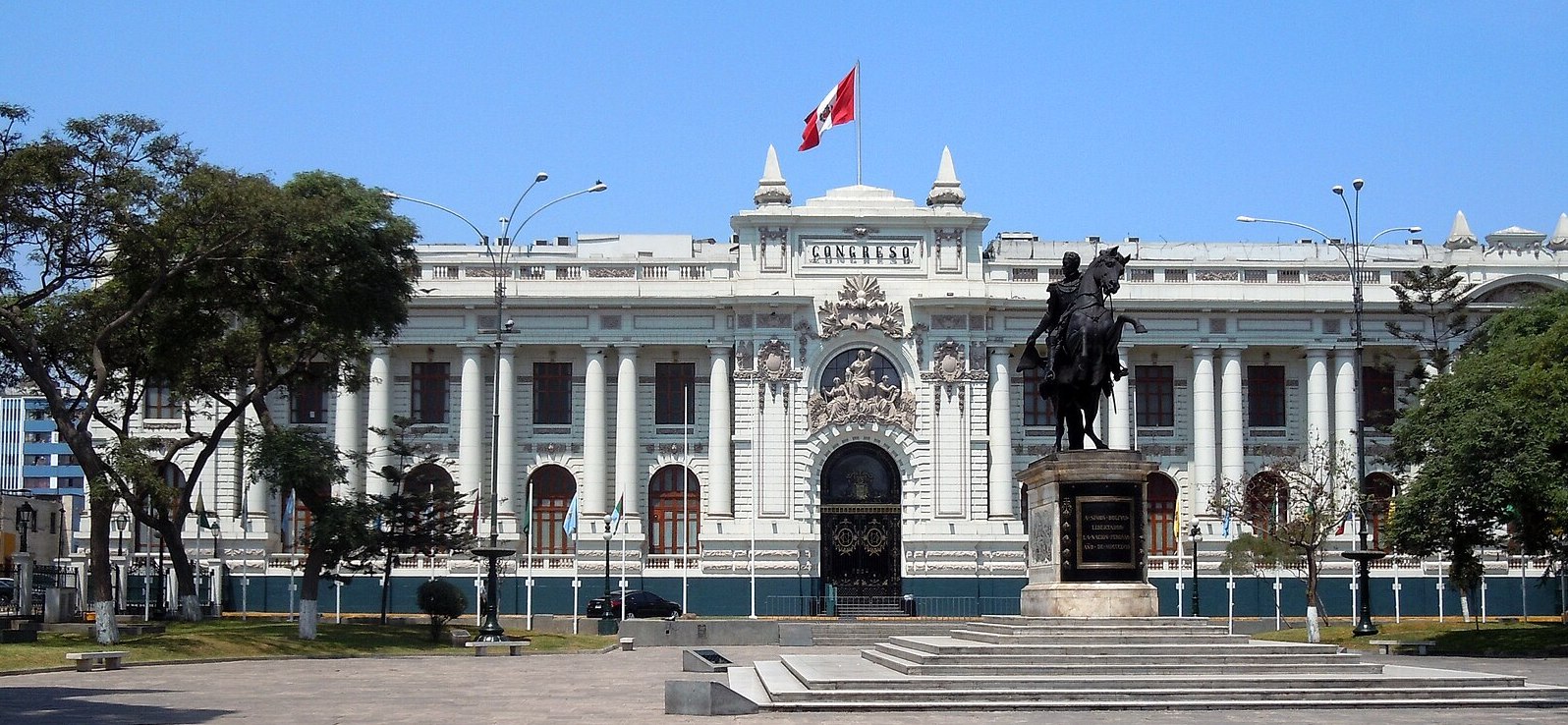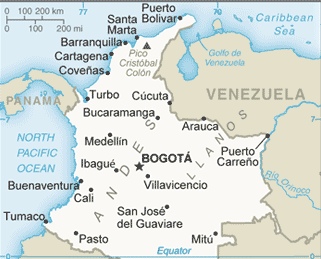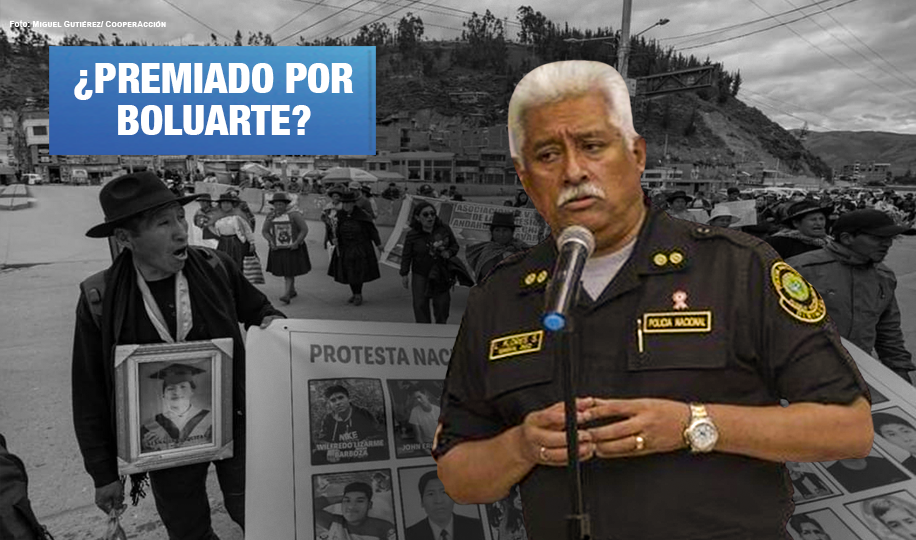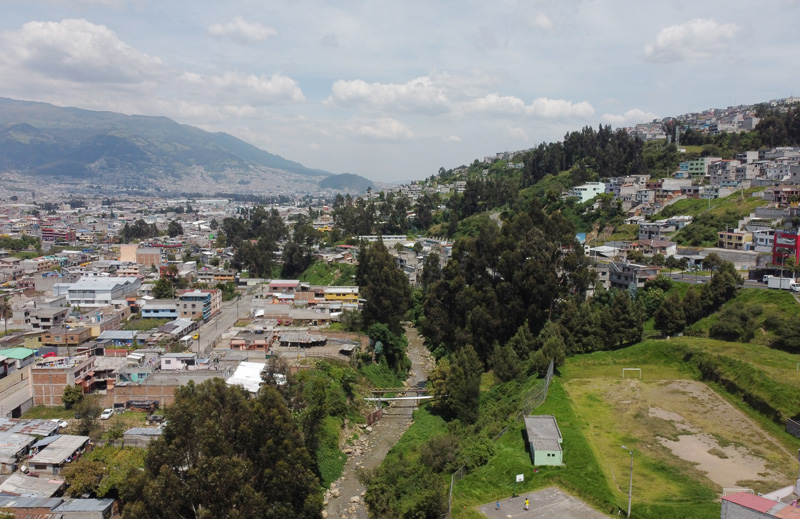
Ecuador court rules that river in capital has rights
A court in Quito ruled that the Machángara River, which runs through the city, possesses rights under the Constitution of Ecuador, making the municipal government responsible for keeping it free from pollution. The court recognized the river as a living entity, subject to rights under Chapter 7 of the Constitution, which establishes that nature possesses a right to protection, promotion and restoration. The provision states that “all persons, communities, peoples or nations are able to call on public authorities to enforce the rights of nature.” The municipality released a decontamination strategy after the ruling, that centers on constructing three new wastewater treatment plants. (Photo: Plan V)



